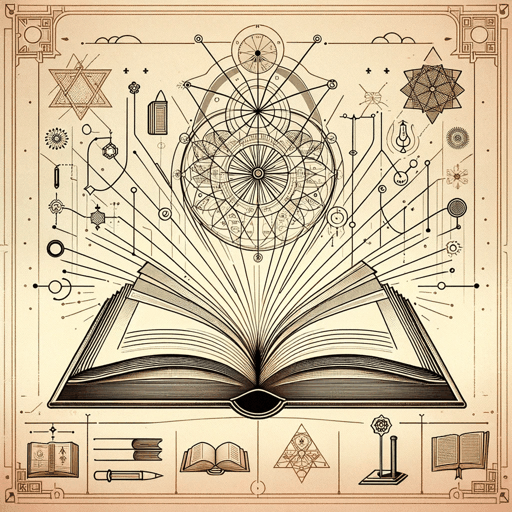51 pages • 1 hour read
Ibn KhaldunThe Muqaddimah: An Introduction to History
Nonfiction | Book | Adult | Published in 1377A modern alternative to SparkNotes and CliffsNotes, SuperSummary offers high-quality Study Guides with detailed chapter summaries and analysis of major themes, characters, and more.
Chapter 6-Concluding RemarkChapter Summaries & Analyses
Chapter 6, Sections 1-17 Summary
God’s gift of reason distinguishes people from animals. Rather than just sensing, people can organize their sense impressions, find patterns (called the “experimental intellect”), and finally conceive of hypothetical ideas. This ability to envision realities that do not yet exist, and to understand what order of actions or events would create them, allows people to purposefully shape the world. Prophets may also directly sense the angelic world for which humanity is ultimately destined.
People begin entirely ignorant and learn from experience and education as their minds and bodies physically develop. True mastery of a “science”—meaning any field of knowledge, from theology to language to astronomy—requires intensive instruction to move from learning a few facts to building a “habit” of thinking using the methods of that discipline. This craft of scientific instruction flourishes in cities, albeit with the caveat that rough Bedouins may be better people than the polished, educated urban elite.
“Traditional” sciences—those beginning with God’s revelation like jurisprudence (study of the law)—have already been perfected. However, human understanding of causes is insufficient to fully comprehend a God beyond all sense perception and, therefore, one must accept aspects of the Qur’an on faith. This acceptance of religious truth must become habitual acts of mercy to others and submission to God rather than an intellectual dogma that one professes.

